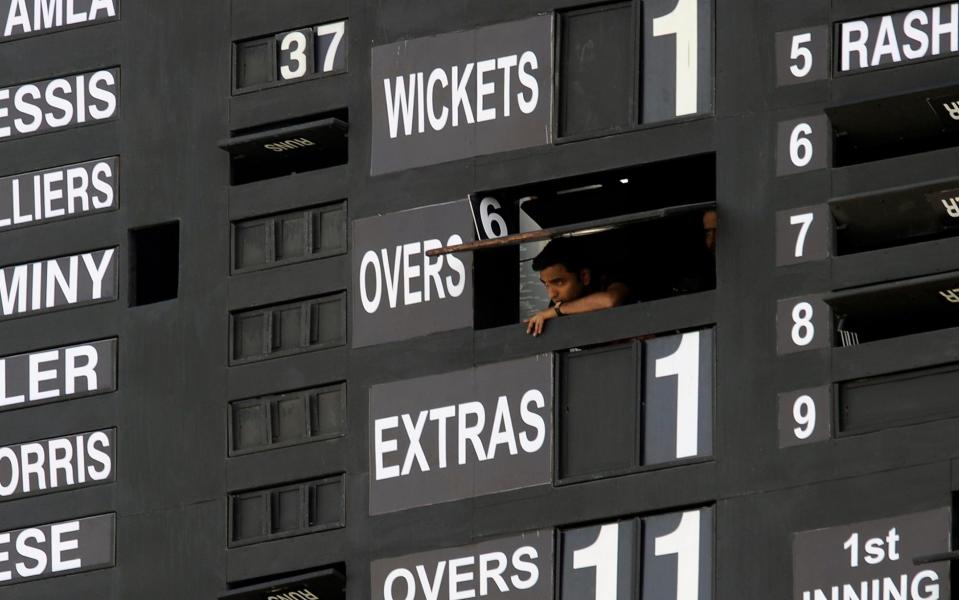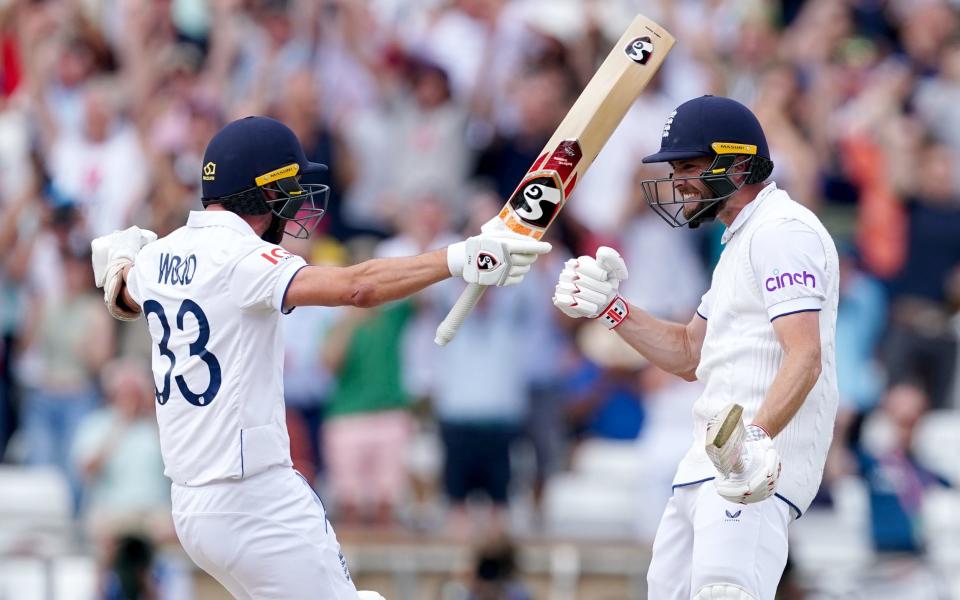
The International Cricket Council (ICC) has dramatically reduced fines for players maintaining slow over-rates in Test cricket.
The changes are as follows: players will be fined 5 per cent of their match fee for every each over short their team fall in the field, up to a maximum of 50 per cent, rather than 100. In addition, if a team is bowled out before the new ball is available at 80 overs, then there will be no over-rate penalty applied. However, the ICC will continue to dock teams points in the World Test Championship if they maintain a slow over-rate.
The issue has been in sharp focus during the thrilling ongoing men’s Ashes series. After the first Test, both teams were fined 40 per cent of their match fees. After the second, England were fined their entire match fees (upwards of £12,500). The ICC has agreed that the new regulations will be retrospectively applied to this series, so England will not be as harshly punished as initially thought.
On the surface, this might look like the ICC are following their umpires’ lead and going soft on over-rates. That may be true in part, but, really, there is a bit more to it than that.
Really, as so often, this is about T20 cricket. It is often felt that over-rate fines do not work because the players earn enough money not to care. That may be true in some cases, but is not universal. At a time when Test cricket is desperately fighting for relevance, and attempting to keep its players interested while the lifestyle lure and financial pull of T20 leagues is so strong, it is felt in the corridors of power that simply not paying players to play Test cricket is a bad idea. Players will follow the money towards T20 cricket – especially if they toil for five days and receive nothing for it.
It is hard to deny that Test cricket can still be entertaining when a slow over-rate is maintained. All three Ashes matches have reached a natural conclusion. At Headingley, the Test was played in fast forward, with the longest innings lasting 67.1 overs. Rain came on the third day, and a result was still achieved in four sessions. By official measures, both teams were behind on the over-rate. Should that matter?

The 90-over day is still regularly achieved (with a bit of help from the extra half-hour) in some parts of the world, where spin is the dominant bowling style.
But where seamers rule, it is more difficult. Concussion tests every time the ball flicks the helmet have caused delays, but that is a good thing, because the game is taking head injuries seriously. The decision review system, plus umpire reviews for catches, run outs and stampings, are also welcome delays, because generally the correct decisions are now made on field. The higher scoring rates we see in the modern game do not help; it is, of course, easier to maintain a swifter over-rate if the ball is simply patted back to the bowler. It is normally inferior entertainment, too.
ICC Men’s Cricket Committee Sourav Ganguly said: “The ICC World Test Championship has injected renewed energy into Test cricket giving it compelling context. In the last edition we only had 12 draws in 69 matches, and we want to ensure that trend continues whilst we’re giving fans the best value for money and keeping over-rates up.”
Of course, there is much more the ICC and its umpires should be doing to speed the pace of play up, and give ticket-buying and subscription-holding fans value for money. Glove changes by pernickety batsmen should be kept to a minimum, and drinks breaks should be sanctioned, even in extreme heat. The medical team should come onto the field only when actually required. Field changes can be considered, but long conferences are desperately dull.
At their meeting in Durban, the ICC Chief Executives’ Committee also approved a number of other changes to the world game, such as equal prize money for men and women at global events from 2030, and sanctions on new T20 leagues, as reported by Telegraph Sport last month. New leagues will only be able to field four overseas players per team.
Article courtesy of
Source link